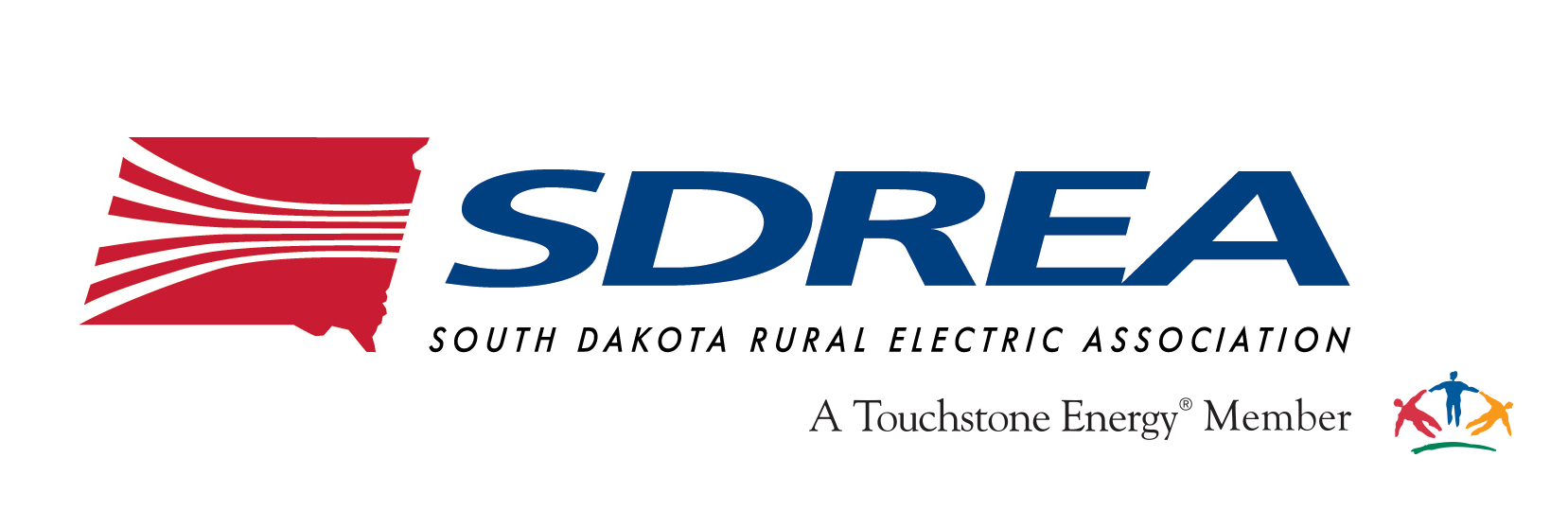BISMARCK, ND - Members of Basin Electric marked a change in leadership and set a course for the future at the cooperative’s 60th Annual Meeting held on Nov. 9-11 at the Bismarck Civic Center.
Developed under the theme “Together We Are Basin,” the event was attended by more than 800 cooperative employees, directors, public officials and utility representatives from across the organization’s nine-state service area that ranges from the Canadian border to New Mexico.
Basin officers and staff delivered reports on proposed bylaw changes, resolutions, financial statements and other matters pertaining to the recent performance of the cooperative on behalf of its members. Guest speakers also provided information on state, regional and federal government and regulatory activity, rapidly fluctuating market dynamics, consumer trends, emergency response and the many benefits of the cooperative business model.
Former General Manager and CEO Paul Sukut expressed his gratitude to members for their support and reviewed some of the highlights of his 15-year career leading one of the largest cooperative generation and transmission organizations in the country. He emphasized that over the past two decades Basin has been able to reduce its reliance on coal by more than 20 percent.
At the end of 2020, Basin Electric had 7,025 MW of capability within its resource portfolio and operated a diverse fuel mix including coal (40.4 percent), wind (25.3 percent), natural gas (19.3 percent), market purchases (6.7 percent), hydro (4.5 percent), oil/diesel/jet fuel (3.2 percent) and recovered energy (.6 percent). An additional 342 MW of renewable power is expected to come online by the end of 2024, including two wind farms and four solar arrays.
Todd Telesz, Sukut’s successor who took the reins six months ago, stressed the value of the cooperative business model in meeting the changing needs of Basin’s member/owners.
“This is a business model where people come together to solve problems that they cannot do alone. We have a proven track record of being able to adapt to change. We’ve always risen to the occasion – we do not have a choice. We must continue taking on the challenges in front of us and seizing the opportunities to create value and mitigate risk for our members at the end of the line.”
Keynote speaker Rich Karlgaard, publisher of FORBESMedia and a native of Bismarck, detailed five business and investment trends that have emerged from the COVID-19 pandemic. He urged cooperative leaders to be mindful of rapidly changing trends in the electric power industry and changes in the labor market, most notably the “great resignation” where many employees are leaving their jobs and taking a different attitudinal approach to their professional pursuits.
“We’re seeing that customers, and employees too, are demanding that businesses prioritize social and environmental responsibility and that they be more responsive. They’re looking for more purpose and meaning in their lives after a pandemic that’s claimed hundreds of thousands of victims across the globe,” he said.
He projected that demand for electricity will continue to escalate and that renewable power would be a significant component in meeting that demand.
“The global IT market is expected to grow from $4 to $12 trillion from 2020 to 2030. Because the digital acceleration we’re seeing requires scalable, bulletproof electric power, we can expect to see a heavily electricity-consuming industry by 2030. This will be a huge advantage in economic terms,” Karlgaard said. “Five out of the top 10 energy producing states are in Basin’s service territory.”
Kermit Pearson, District 1 representative from Lake Region Electric (Webster) and vice president of the Basin Board, hosted the afternoon session and noted that the theme of this year’s meeting, “Together We Are Basin,” highlighted the importance of every member in the cooperative contributing to the organization’s success and making sure electrical power remains safe, affordable, reliable and responsible.
Tom Boyko, General Manager and CEO of East River Electric based in Madison, also participated in a panel discussion exploring how Basin Electric is addressing changes in the power supply industry.
“We have to all strive together to deliver the affordable, reliable power that our members expect,” Boyko said. “The industry is changing at a remarkable pace and Basin is working with all of its members to meet demands while remaining environmentally conscious. There’s a lot of education we have to do to inform our consumers about both the advantages and challenges that come with making a shift toward renewable power and distributed generation as we move into the future.”
In pre-conference activities, Basin Electric’s Regional Communicators Advisory Group (RCAG) also held its annual meeting to provide continuing education training for its members. The agenda included recognizing the value of digital marketing and advertising, legislative updates, renewable energy credits and improving interpersonal communication skills.
Roger Lawien of Moreau-Grand Electric was one of several member services personnel attending the meeting from South Dakota. He said he thought the RCAG meeting was very informative and highlighted a two-hour session focused on better ways to communicate.
“The entire agenda was very beneficial for me and what I do at Moreau-Grand,” Lawien said. “All of our cooperatives have conversations with our members all the time. That’s one of the things that distinguishes us from other types of electric utilities. I believe it’s important for us to gain a greater understanding of how to hold those conversations more effectively and with a greater understanding of our members and what’s important to them.”
